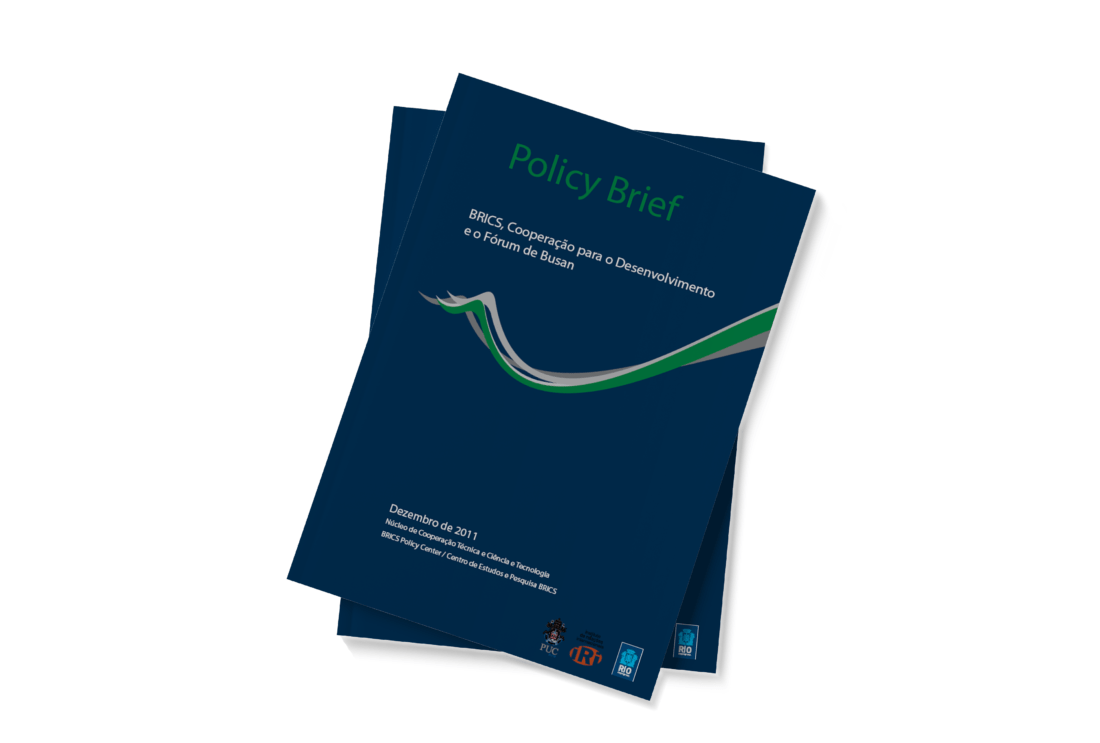
BRICS, Development Cooperation and the Busan Forum
This Policy Brief addresses the outcomes of the Fourth High Level Forum on Aid Effectiveness (HLF-4), held from November 29 to December 1 in Busan, South Korea. The Forum, which discussed the future of development cooperation, is part of a series of initiatives of the Development Assistance Committee (OECD-DAC) which, since the early 2000s, have sought to discuss and increase the effectiveness of the aid offered by developed countries. These initiatives have focused on the establishment of principles, targets and indicators that should guide donor countries regarding to Official Development Assistance (ODA). In this sense, the Busan agenda had as its focal points the difficulties of donors in achieving the goals established in the framework of the DAC. Alongside these debates, however, a set of pressures outside the OECD-DAC arrangement emerged which referred to the presence of new donors, particularly the BRICS countries, whose practices are not consistent with the principles established by traditional donors. Thus, Busan’s agenda combined the internal dilemmas of DAC with external pressures to this arrangement. BRICS has achieved a prominent place in the Forum, particularly regarding the recognition of South-South cooperation (SSC) as a relevant practice in the field of International Development. The main outcome of the Busan Forum can be found in the construction of the “Global Partnership for Effective Development Cooperation” which includes both North-South and South-South cooperation experiences.

